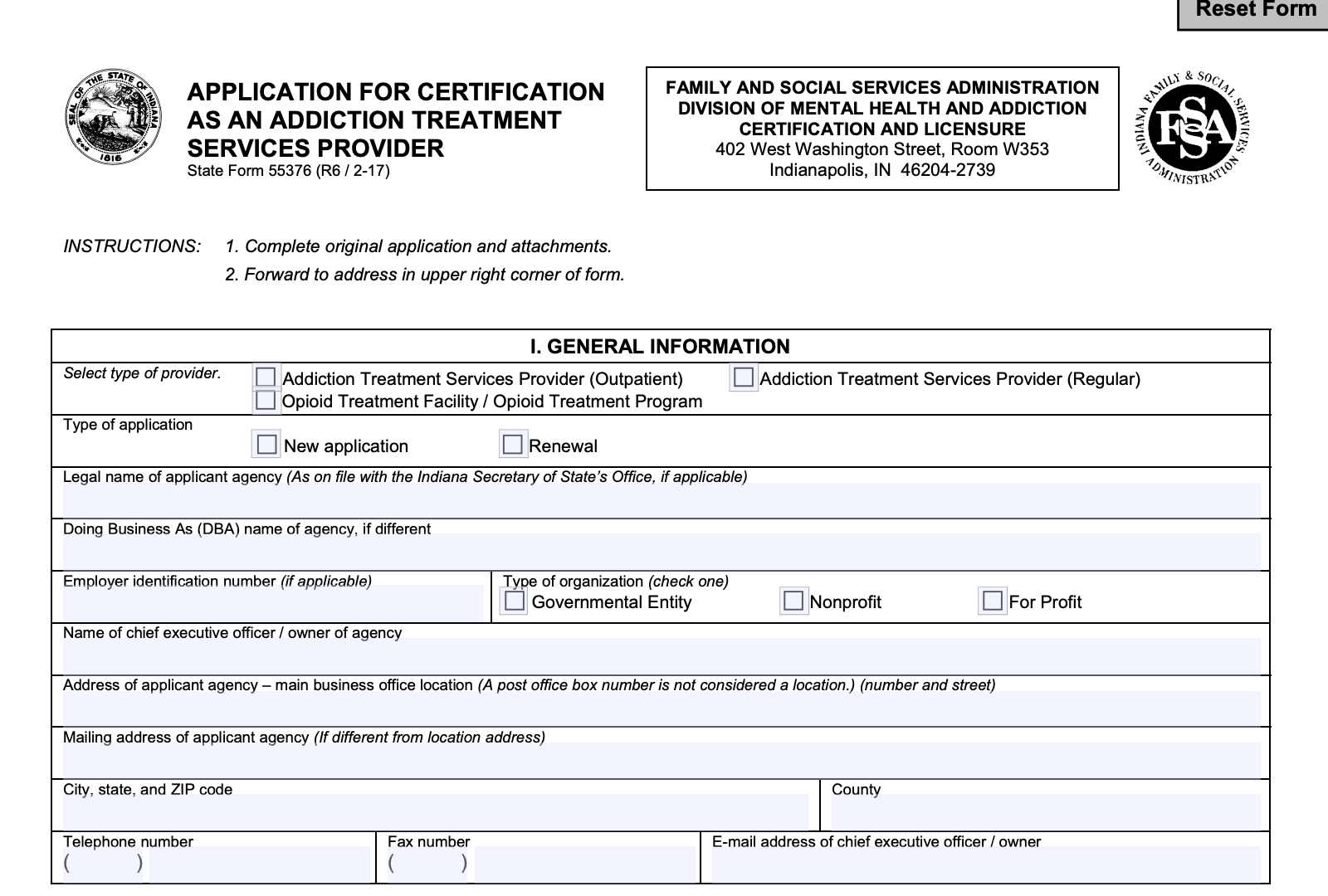Expert Assistance: Navigating Options for an Addiction Treatment Center
Expert Assistance: Navigating Options for an Addiction Treatment Center
Blog Article
Browsing the Trip of Detoxing in the Comprehensive Addiction Treatment Program
The process of detoxing holds a considerable function in breaking the physical dependancy on substances and preparing the person for the subsequent stages of treatment. As people grapple with the challenges of withdrawal signs and symptoms and the uncertainties that exist ahead, having an organized plan and a durable assistance system in area becomes extremely important.
Significance of Detoxing in Recovery

Detoxification establishes the structure for the remainder of the dependency treatment program by preparing the individual for further therapy and counseling. By cleansing the body of substances that have actually been clouding judgment and influencing actions, detox enables patients to approach their recovery with a more clear mind and more powerful emphasis.
Additionally, detoxing helps in handling the possibly extreme withdrawal signs and symptoms that might develop when medication or alcohol use is stopped. Doctor carefully keep an eye on individuals during detox to ensure their safety and security and give needed support. Through this process, people can start their journey in the direction of soberness with a supported physical and mental state, boosting the likelihood of a successful recuperation.
Comprehending the Detox Refine
Cleansing, a fundamental part of addiction treatment programs, includes an organized process targeted at securely removing hazardous materials from the body to assist in a successful healing journey. The detoxification process usually starts with an evaluation to analyze the individual's material use background, physical health and wellness, and psychological health. This examination aids health care experts identify one of the most suitable detoxification plan customized to the person's requirements.
Throughout detox, the body experiences withdrawal as it adjusts to the absence of the substance. Withdrawal signs differ depending upon the kind of substance made use of, the period of use, and specific elements. Clinical guidance during detox is crucial to handle withdrawal signs and symptoms and make sure the person's safety and security and comfort.

Managing Withdrawal Symptoms

Medicines might be used to minimize details withdrawal symptoms and minimize pain. Medications like methadone or buprenorphine can assist take care of opioid withdrawal signs and symptoms, while benzodiazepines may be used for alcohol withdrawal. It is necessary for doctor to meticulously monitor the individual's action to these drugs to guarantee their safety and effectiveness.
In addition to medicinal interventions, encouraging treatments such as counseling, peer support groups, and alternative methods like mindfulness reflection or yoga exercise can assist people deal with the emotional and mental difficulties of withdrawal. By attending to withdrawal signs adequately, medical care carriers can boost the detoxing experience and assistance people on their journey to healing.

Support Solutions Throughout Detox
Support group play an important function in supplying social and psychological aid to individuals undergoing detoxification in addiction treatment programs. During the detox process, individuals typically experience an array of physical and psychological withdrawal signs and symptoms, making this stage tough - Addiction Treatment Center. Having a solid assistance system in position can dramatically influence the person's capacity to browse with detoxification effectively
Family members, pals, support teams, and medical care specialists are crucial elements of the assistance system. click to read Family participants and close friends can use motivation, understanding, and a sense of belonging during this tough time. Assistance groups provide a system for people to link with others that are going through similar experiences, using a sense of neighborhood and shared understanding. Medical care experts, including counselors, doctors, and specialists, play a crucial duty in keeping an eye on the individual's progression, offering clinical support, and offering guidance throughout the detox procedure.
Looking Ahead: Life After Detox
Having actually efficiently finished the detoxification phase, individuals in addiction treatment my site programs now concentrate on getting ready for the difficulties and chances that exist in advance in their trip towards healing. Life after detox marks an important shift period where individuals should continue to improve the development made during detox to maintain their sobriety. It is essential for individuals to identify that the trip towards recuperation is continuous and needs dedication, commitment, and a willingness to accept modification.
One key aspect of life after detoxification is the growth of dealing devices to take care of triggers and food cravings that may occur. This might entail finding out new skills, such as mindfulness techniques, cognitive-behavioral strategies, and anxiety administration strategies, to browse tough scenarios without resorting to material usage. Furthermore, individuals are urged to actively take part in recurring therapy, support system, and aftercare programs to strengthen their support network and obtain assistance as they navigate the intricacies of life post-detox.
Conclusion
Understanding the detoxification procedure and managing withdrawal signs and symptoms are important steps in the direction of recuperation. It is essential to identify the significance of detox in the procedure of overcoming addiction and moving in the direction of a life of soberness.
Medical supervision throughout detoxification is critical to handle withdrawal signs and symptoms and ensure the individual's security and convenience.
By understanding the detox process and its value in damaging the cycle of dependency, individuals have a peek at this site can begin on a course in the direction of lasting recuperation.
Throughout the detox process, individuals typically experience an array of physical and psychological withdrawal symptoms, making this phase difficult. Health care professionals, consisting of specialists, medical professionals, and counselors, play an important function in keeping an eye on the individual's development, offering medical support, and offering guidance throughout the detoxification procedure.
Life after detoxification marks an important transition duration where people need to continue to build on the progress made throughout detoxification to preserve their sobriety.
Report this page